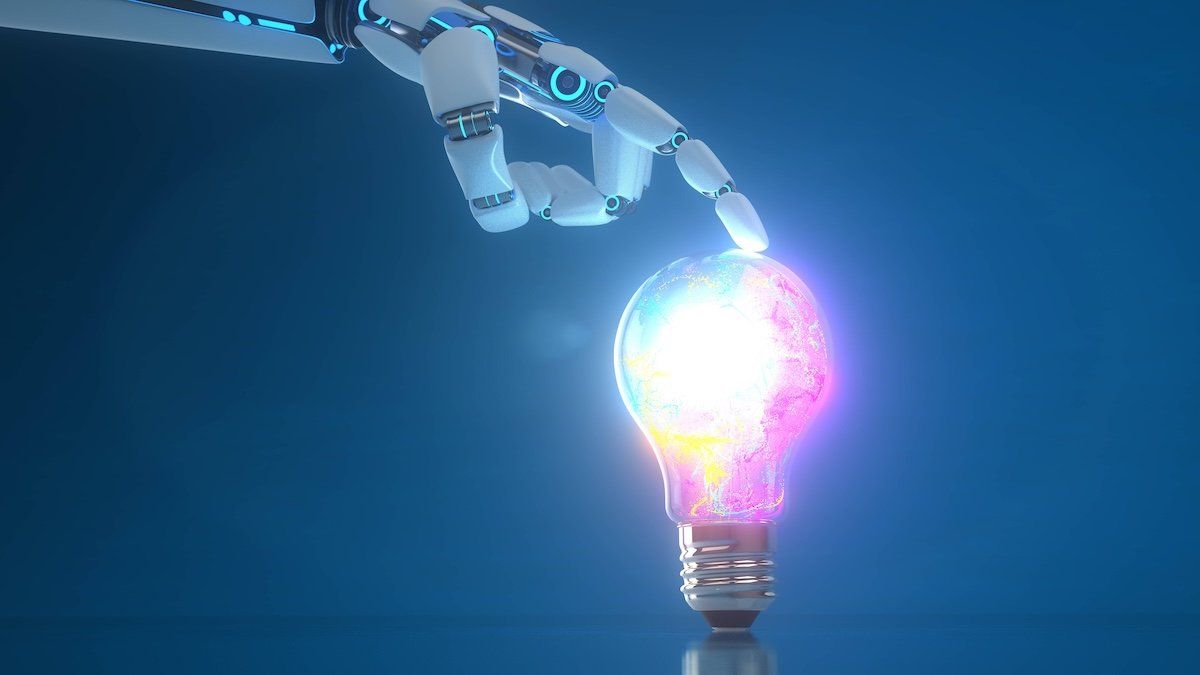According to a CNBC analysis of US government data, a single data center operating at 85% capacity consumes as much electricity as 710,000 households or 1.8 million people. There are currently 3,000 data centers across the US, by one estimate, with the greatest number in Virginia (477), Texas (291), and California (285). With artificial intelligence as a leading factor, power demand from data centers is expected to increase 160% by 2030, according to Goldman Sachs. And major tech companies such as Google and Microsoft have revised their environmental goals because of their AI ambitions.
The incoming Donald Trump administration promises to take a deregulatory approach across the board. Lee Zeldin, a former congressman Trump has tapped to lead the Environmental Protection Agency, said he wants to “make America the AI capital of the world.”
So all signals point to Biden’s climate goals, soon in the rearview mirror, slipping further out of grasp.
